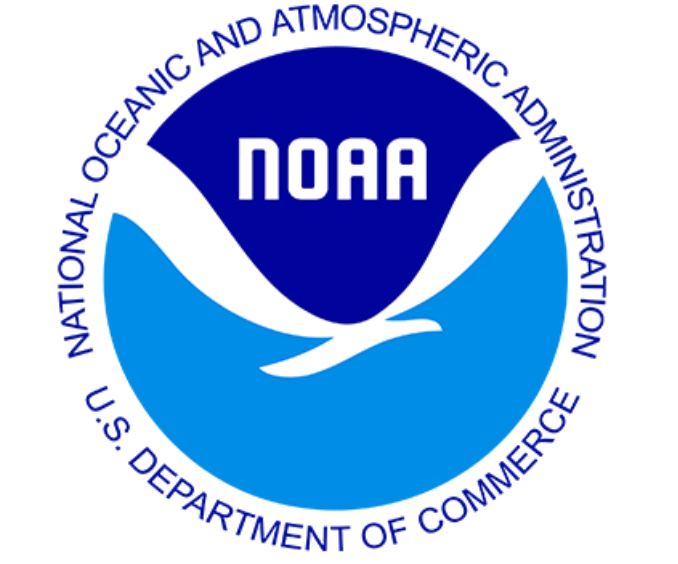The National Oceanic and Atmospheric Administration (NOAA), National Environmental Satellite, Data, and Information Service (NESDIS), and the Geostationary and Extended Orbits (GEO-XO) Program are conducting targeted stakeholder outreach efforts to better understand the jobs of the end users and identify how remote sensing data can best support the decisions and operations of the entire user community. As part of our ongoing efforts, we are engaging users in workshops, interviews, and surveys as a way of gathering data to inform the next generation of geostationary observations, due to launch in 2030. We welcome your contributions to these efforts as they will help us to better understand your needs and ensure the next generation of satellites can support your roles in society.
We are hosting our virtual workshop focusing on Oceans from November 17 – 20, 2020. Please RSVP for this workshop by filling out the registration form available here to help us understand more about you and your role within the oceans community. We will post details about this event on the event website.
Oceans Event Logistics
All topical workshops will be conducted virtually using Microsoft Teams. After your RSVP is received, you will receive a calendar invitation to the event with the following details providing session access information and all associated logistics:
Tuesday, November 17, 2020, 11 AM – 12 PM EST
Plenary Opening Session
Tuesday, November 17, 2020, 1 – 4 PM EST
Discussion Session #1: Ocean Life
Wednesday, November 18, 2020, 12 – 3 PM EST
Discussion Session #2: Water Quality
Thursday, November 19, 2020, 12 – 3 PM EST
Discussion Session #3: Monitoring Physical Ocean Properties
Friday, November 20, 2020, 11:30 AM – 2 PM EST
Discussion Session #4: Climate Impacts to Oceans
Friday, November 20, 2020, 3 – 4:30 PM EST
Plenary Closing Session
What We Are Asking
This workshop is the fifth of a series of User Needs Workshops examining user needs and perspectives across a broad array of application areas. Results from these workshops will help NOAA better understand how decisions are made in topical areas and the information that best supports the user’s decisions, roles and responsibilities in society.
Please do not hesitate to reach out to Vanessa Escobar directly or to the User Engagement Team with any questions. You can reach us either by replying to this email or by sending a message to GEOXOUserNeeds@cadmusgroup.com. We thank you in advance for your time and participation and look forward to working with you on this and future efforts.
Sincerely,
Vanessa Escobar Lead Scientist, NOAA/NASA GEO-XO User Engagement
and the GEO-XO User Engagement Team




